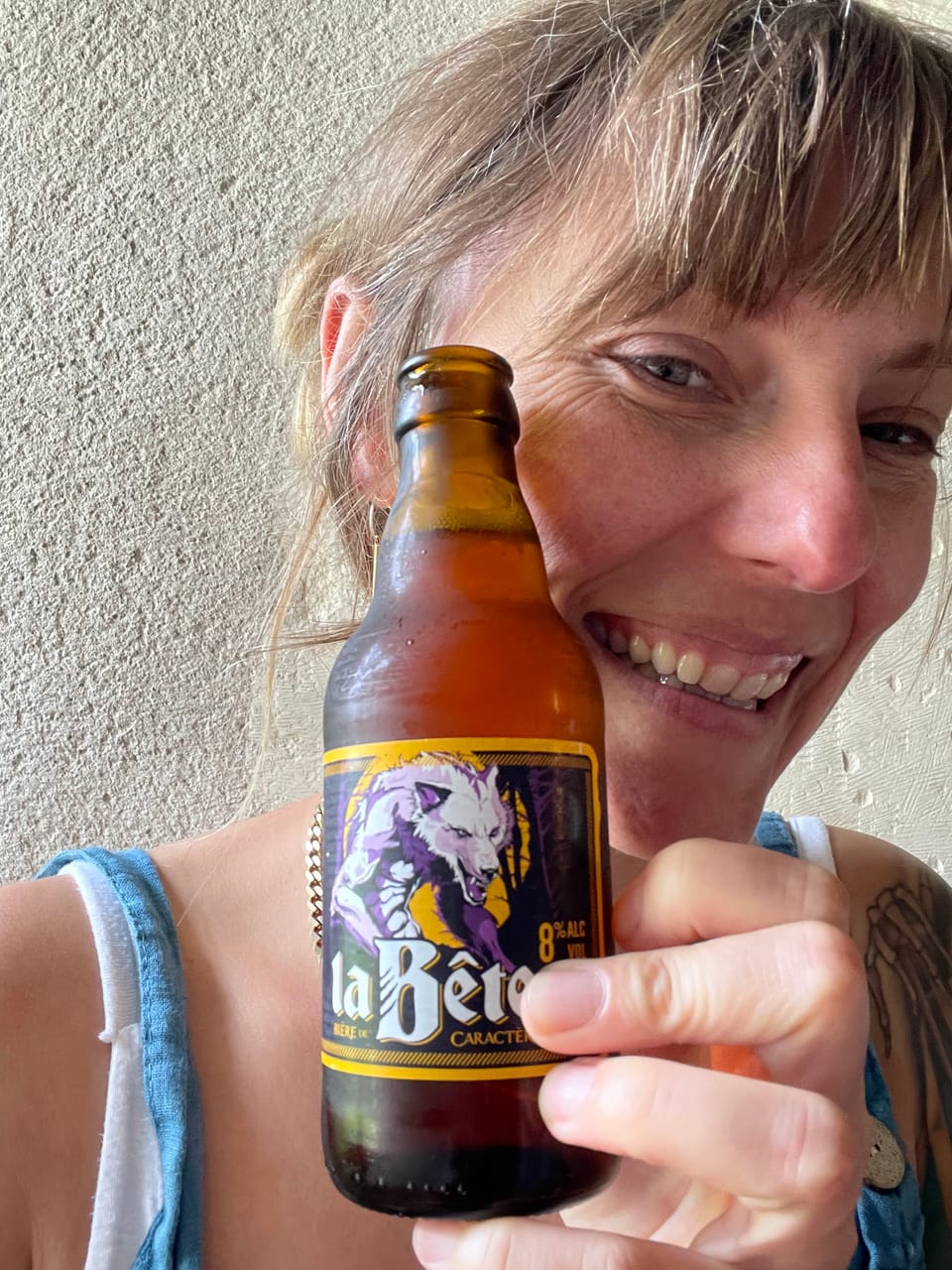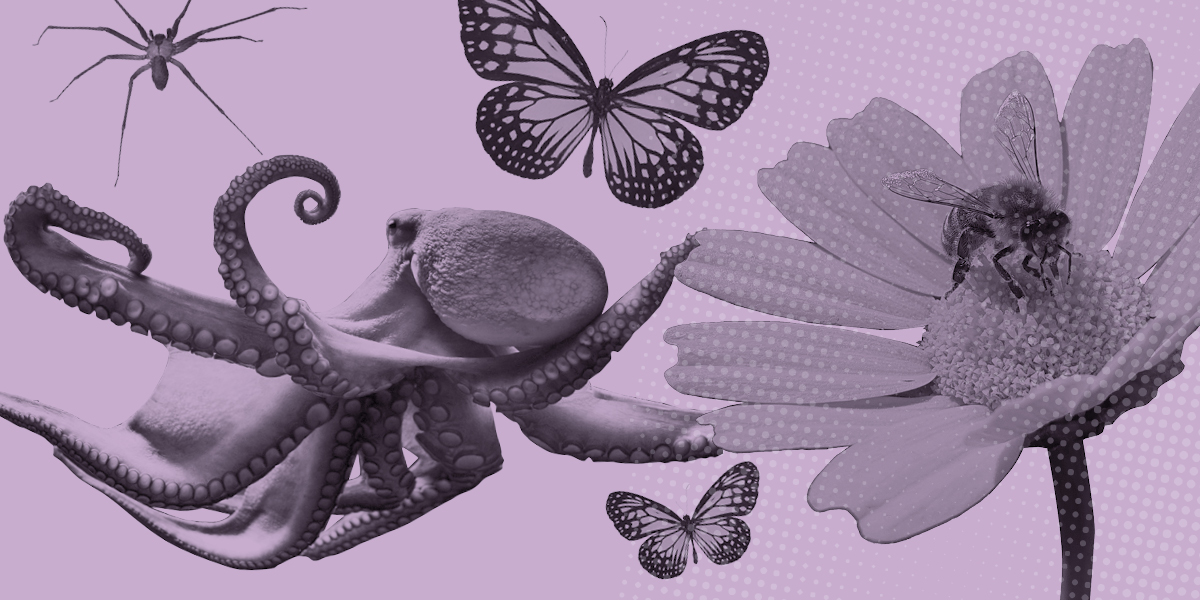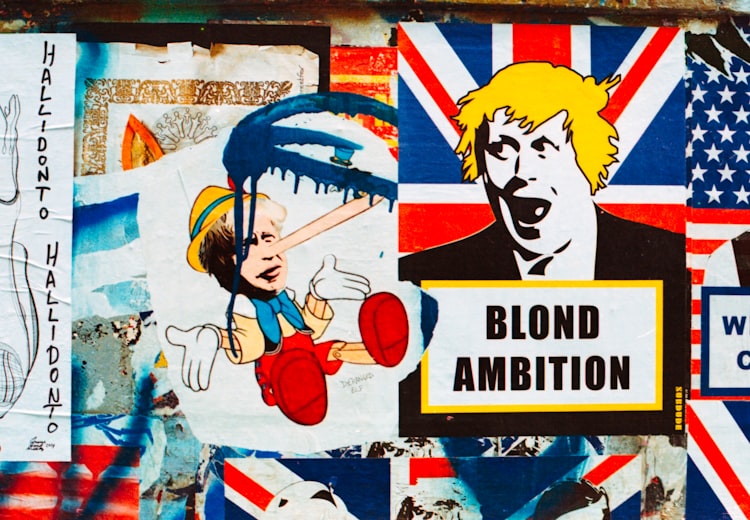Big news!

Hello loves. I've missed you.
Thank you for your patience during the unplanned newsletter hiatus of the past few months. I've... had a lot going on!
I'm extremely pleased that I can finally tell you about the biggest thing, which is this: I've signed a publishing deal for Femme Feral, the novel I was calling Snarltooth, with Viking Penguin (US) and Bloomsbury (UK). This has been one of the most surreal, magical experiences of my life. Someday I will tell you the full story, involving an auction that took place mostly while I was in the Tankwa desert and me sobbing my eyes out with joy while standing in the bathroom queue at a padstal after finally regaining Internet access. I'll be able to share more details about the plot and the launch date soon.
In short, it's a big thing. It's a wonderful thing. I have been a bundle of emotions about it (hence this season's theme: the Summer of Feeling). Some of those emotions have been surprisingly - uh - difficult? Like, "oh god what if now everyone hates the book and realises I'm a giant fraud" emotions, and "I don't deserve this" emotions, and "please can I just hide in a hole until all this blows over" emotions. That's not what you expect when something you've hoped for happens, but human brains are weird, my dudes.
The uncomplicatedly wonderful aspect is that it's a two-book deal, which means I also have funding and a deadline to write my next novel, which is absolutely friggen magical, and has freed me from a lot of my angst about whether trying to be a full-time novelist was an absurd idea. I'm calling the next novel Cuckoobird, and aiming to write the first draft by the end of the year. If you're interested in what the process of writing a book actually looks like (for me), I'm keeping a live journal here tracking what I'm doing every day (including all the naps and procrastination). I call this strategy "motivation via the threat of public embarrassment".
As for what's going to happen with this newsletter over the next few months: in short, I don't know. I've missed writing to you. I'm going to try to write more often, but I don't know yet what shape it's going to take. I'm so grateful for your continued support while I figure that out.
In the meantime, here are five other things I wanted to share.
1: The world is awful; the world is getting so much better
On the theme of conflicting emotions, I recently loved this short article from Max Roser in Our World in Data about how when we talk about the state of the world, we have a tendency to either get too nihilistic about all the real, terrible tragedies that are unfolding around us; or too complacent about how much better things are than they used to be. It's true that the world has huge problems, and also that we're making huge progress in fixing many of them, and also that we could be doing so much more. Caring about the world means finding a way to hold onto all three of those truths at the same time.
"The world is awful. The world is much better. The world can be much better. All three statements are true at the same time.
"Discussions about the state of the world too often focus on the first statement: The news highlights what is going wrong, rarely mentioning the positive developments in our country or the world as a whole. A pushback on this narrative takes it to the other extreme, which is equally damaging. Solely communicating the progress that the world has achieved becomes unhelpful, or even repugnant, when it glosses over the problems people are facing...
"It’s hard to resist falling for only one of these perspectives. But to see that a better world is possible, we need to see that both are true at the same time: the world is awful, and the world is much better."

His colleague Hannah Richie's book Not the End of the World talks about this in the context of the climate emergency, making the case that there are many reasons to feel hope.
Let’s take a close look at where we are with carbon emissions. They are still rising, but the world has already passed the peak of per capita emissions. It happened a decade ago. Most people are unaware of this ... In the UK, we now emit about the same as someone in the 1850s. I emit the same as my great-great-great-grandparents. And I have a much, much higher standard of living.
While I don't think her book does enough to address the political/collective action challenges we face, it's a useful corrective against the utter hopelessness of a lot of other reporting around the issue. The problem with doomerism is that it quickly leads to despair, the attitude of, "we're already fucked, so why even try?" We need to find ways to talk about the magnitude of the problems, and also the power of the solutions.
Femme Feral is a book about rage, and I've been thinking a lot about how helpful rage can be to motivate change. We should be furious about the injustices of the world. But fury can grow out of love. It can coexist with gratitude, and with hope. Perhaps it must.
2: A 10-week writing workshop in London
Starting in September, I'm going to be running a ten-week writing workshop with Bath Spa University London aimed at authors who are writing for young people (spanning picture books all the way to young adult novels). I'll be working intensely with a group of eight writers to develop and refine their craft with weekly writing prompts, discussions, and peer feedback. I'm hoping to create a creatively nourishing space to begin a new project, experiment with voice/style/genre, or finish an existing manuscript.
If you know any authors in London who'd love a bit of structure, support and inspiration, please pass on the details!
3: A discussion about invertebrate minds
While societies are becoming more conscious of issues around animal welfare, poorly understood invertebrate animals - from bees to octopuses - are often overlooked and underestimated. What can we do to protect their welfare, and what steps are proportionate?
I had the opportunity to discuss that question with three brilliant people at the London School of Economics Festival a few weeks ago: Professor Elli Leadbeater, an expert on the social intelligence of bees, Daria Zakharova, a philosopher researching artificial intelligence and consciousness, and Professor Jonathan Birch, who leads the Foundations of Animal Sentience Project. It was a fascinating chat encompassing:
- What do we know about the minds of invertebrates?
- Insects that sleep, play and learn.
- The role of storytelling and art in expanding our empathy for animals who are very different to us.
- What does the research about invertebrate minds mean for how we treat them?
A podcast recording of the discussion is available here.

4: Inflation is a mindfuck
When I was in high school, a 330ml can of Coca-Cola cost 2-rand from the tuckshop. Today, a can of Coke costs 11-rand, and the can is only 300ml. The liquid inside hasn't gotten any more delicious; it's been exactly the same recipe since 1985 (they took out the cocaine in 1903). The difference is that 2-rand is worth less than it was when I was a child. That's inflation, and it's very easy to lose sight of how much it impacts your life.
In recent conversations with friends and family back in South Africa, I've been struck by how everyone seems particularly stressed about money at the moment, and how often they blame themselves for this ("Our spending has gotten out of control," "I didn't get the raise I was hoping for," etc.). Well, here's something that I hope offers some perspective and validation: because wage increases haven't kept up with inflation, the average South African now has half the disposable income today that they did eight years ago (source).
If you feel like you’re struggling, it’s not just you. So many people are running as fast as they can, blaming themselves for not getting where they want to be, not acknowledging they’re running on a treadmill. And that treadmill is being attacked by murder hornets.
The good news? There are some early indications that inflation may be easing. Hold tight, and please be kind to yourself.
5: Crochet while the world burns
As a classic Geriatric Millennial, my current obsession while trying to hold all of my stupid conflicting feeeeelings is that I've been learning how to crochet. It's a brilliant skill to learn because:
- You can do it while you're doing other things, like sitting on Zoom calls, watching TV, riding trains, listening to audiobooks, or laughing at memes.
- It's portable.
- It's a hobby but it also feels productive, which is great if you grew up in Pretoria and have too much internalised Calvinism.
- It's meditative, connecting your mind and your body in a deeply calming way.
- It only takes about 1-2 hours of active learning before you're able to start producing things that you like (unlike, say, piano, which I practiced for about 500 hours as a teenager and was still barely able to produce out-of-time Chopsticks).
- It's a hobby that results in the production of endless silly gifts you can give the people you love!
- You don't need to buy a lot of stuff, just one hook and some balls of yarn.
- Mistakes can always be unravelled.
- It connects you to a long tradition: when I crochet, I remember watching my mum crochet, and her mum, and thinking how you can follow these practices back through tens of thousands of years of human history.
If you're interested in giving it a go, I wrote a rough guide to how to get started.
However you're managing all the complicated emotions that go into being a person, I'm wishing you soothing hobbies, hope for the future, and righteous fury.
Love
Sam






Member discussion